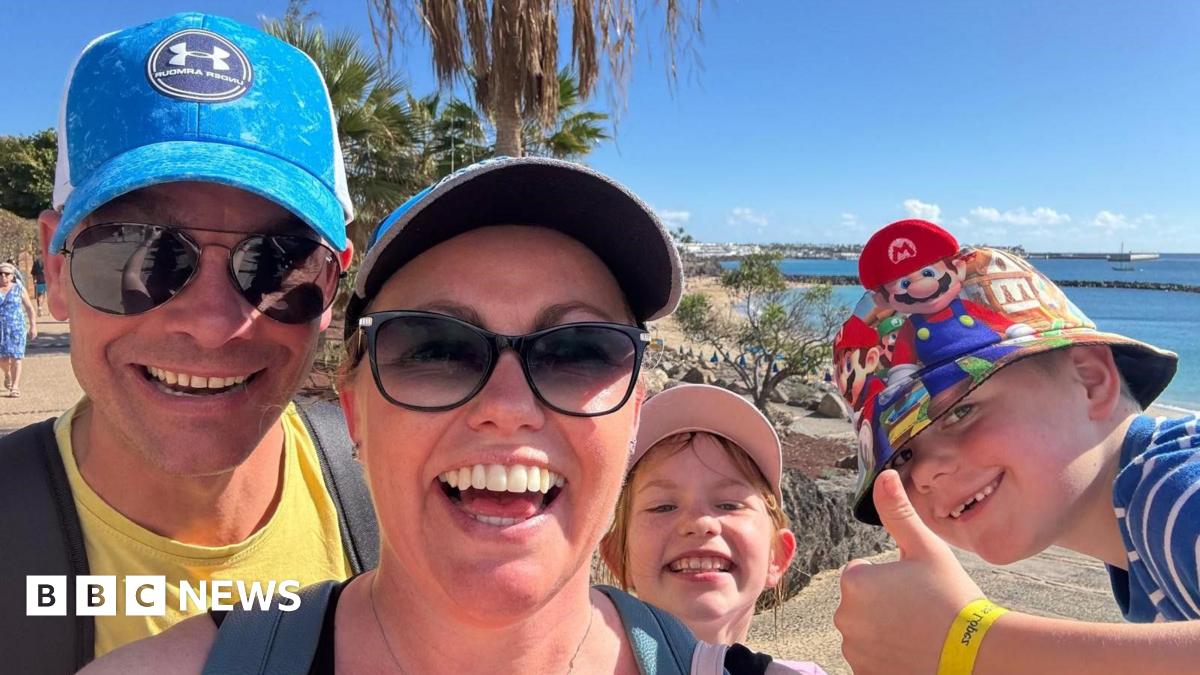Huntington's Disease Treatment: A "Lottery Win" for Families
A potential breakthrough in the treatment of Huntington's disease has sparked hope for families affected by the devastating neurological condition. A new gene therapy has shown promise in slowing the disease's progression, offering a lifeline where previously there was none. Gemma Botting, whose husband Matt was diagnosed in 2011, described the news as "like winning the lottery 10 times over."
A Cruel Disease and a Glimmer of Hope
Huntington's disease is a hereditary disorder that combines symptoms of dementia, Parkinson's disease, and motor neurone disease (MND). It typically proves fatal within two decades of the onset of symptoms. For Matt, symptoms began two years ago. Until recently, there has been no treatment. The recent research revealed that gene therapy has slowed the disease progress by 75%.
"It is like winning the lottery 10 times over. I had accepted I would never get to grow old with my husband and that he might never see the kids become adults. That has all changed now." - Gemma Botting
Navigating a Difficult Diagnosis
Gemma and Matt, who live near Swindon with their children, Amelie and Hugo, have tried to make the most of their time together since the diagnosis. They took a year off to travel the world. They also made a difficult decision regarding their children. They opted to screen out the gene by IVF, agreeing to terminate any pregnancy where the foetus tested positive for the gene.
“We thought carefully about what we wanted to do. In the Huntington's community not everyone agrees with screening it out. But we both knew we did not want our children growing up with the possibility of having this gene. It is such a cruel, cruel disease.” - Gemma Botting
The Reality of Huntington's
Matt, now 43, is still able to walk, but his movement has become clumsy, and he has experienced mental changes, including angry outbursts and a lack of empathy. He had to retire from his job due to his declining health. Gemma now works as a counsellor, often supporting individuals newly diagnosed with Huntington's disease, where depression is a common issue. This news about the new gene therapy for Huntington's disease treatment, is extremely important as it gives hope to the community.
The Path to Treatment and NHS Availability
The company uniQure, behind the therapy, plans to apply for a license in the US in early 2026. If approved there, the UK's Medicines and Healthcare Regulatory Agency (MHRA) could expedite its own regulatory process. Ultimately, the National Institute for Health and Care Excellence (NICE) will decide if the treatment will be available on the NHS in England and Wales.
The earliest the Huntington's therapy could be approved is the first half of 2027, contingent on successful trials and regulatory approvals. While the initial study involved a small group (29 participants followed for 36 months), the lack of existing treatment options strengthens the case for its approval. This treatment is designed for people in the early stages, or for those who haven't developed symptoms yet. The operation itself requires highly specialised surgical teams.
A Call for NHS Support
Many families, like Dave, 73, from the West Midlands, who lost his wife to Huntington's and whose son now has the disease, are hopeful that the treatment will be available on the NHS. He worries about his granddaughter inheriting the gene.
"It is horrible to see your loved ones suffer. This treatment is desperately needed on the NHS." - Dave
Long-Term Implications and Future Hope
While the long-term benefits are still being assessed, scientists like Prof David Rubinsztein believe this breakthrough offers "real hope" and could have broader implications for other neurodegenerative diseases, including Parkinson's disease, MND, and dementia. Gemma remains optimistic, looking forward to the possibility of growing old with her husband.
In the near future, the most important thing is that the full study must be published and assessed by independent experts to properly assess what has been achieved.
 Visit the website
Visit the website


